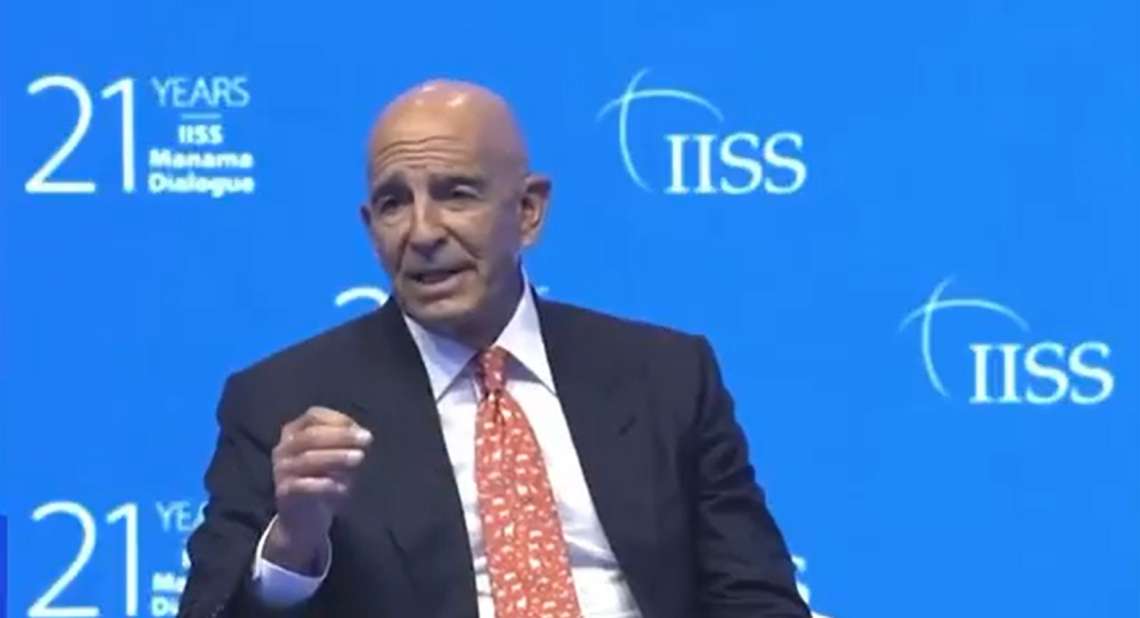For more than a year now, the US Justice Department, the Federal Trade Commission and US Congress have been pursuing sweeping antitrust investigations of big tech companies…reports Nikhila Natarajan
Online search giant Googles digital advertising business is under renewed fire. The US government is reportedly stitching together an antitrust lawsuit against one of Google’s “crown jewels” – its outsize role in the ad tech market, according to new reporting by Politico and Bloomberg.
Politico reports that the Google ad tech probe is close to the “finish line”. Making the final call along with Attorney General Merrick Garland will be his deputy – Indian American Vanita Gupta, according to the same report.
Current research shows that upwards of 85 per cent of online display advertising space in the US is bought and sold in real-time on electronic trading exchanges where Google operates both the top trading platform plus the main conduits through which buyers and sellers must go to trade.
By Q1 2020, the share of ad revenue going to Google properties increased to 85 per cent. That number was 64 per cent in 2007. The lion’s share of Google’s $134 billion in advertising revenue (Q1, 2020) went to Google’s spinoffs.
For more than a year now, the US Justice Department, the Federal Trade Commission and US Congress have been pursuing sweeping antitrust investigations of big tech companies, resulting in a growing pile of cases, damning reports drawing on internal emails and most recently a tough talking executive order from the Biden government in July.
In a 121-pager headlined “Why Google Dominates Advertising Markets”, cited by the US Congress in its investigations, Dr. Dina Srinivasan makes the case that Google engages “in conduct that lawmakers prohibit in other electronic trading markets.”
Back in October 2020, the Trump administration landed the first big blow against Google, with what it called a “monumental” case against one of Silicon Valley’s most admired and powerful companies. In that one, the US sued Google alleging it is illegally maintaining a monopoly in the search market.
Google’s response at the time was par for course: “Today’s lawsuit by the Department of Justice is deeply flawed. People use Google because they choose to — not because they’re forced to or because they can’t find alternatives.”
If a new lawsuit drops and messes with Google’s efforts to phase out its current ad tracking technology (cookies) and insert new lines of code to track user behaviour, it would signal the first time that the company’s core engineering muscle is up against the full force of the US government. “An actual filing against the search giant still isn’t imminent,” Politico noted.
But antitrust action has typically been slow in the US, cases take years to play out. America’s antitrust laws first came into being more than 100 years ago. But after the Cambridge Analytica scandal and the January 6, 2021 attack on the US Capitol, the political appetite for change is in the air. The pressure is now on Congress to act.














